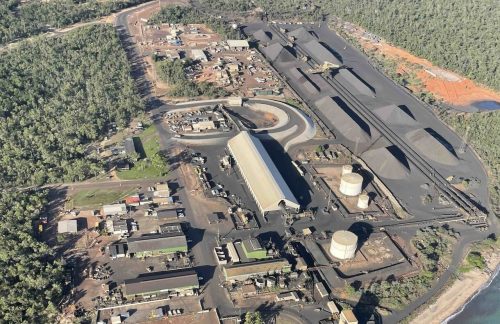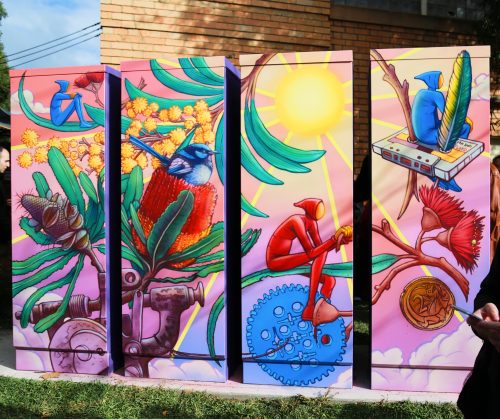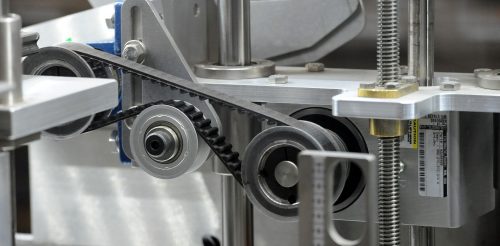Whilst Australia has committed to a net-zero by 2050, many of our country’s big business leaders are committing to far more ambitious targets like 2030, and even some as soon as 2025! Whilst various operations and processes in business can help reduce carbon, the major one everyone is talking about is clean energy.
The electricity business in Australia has largely been controlled and owned by a few very large companies, with many of them still operating fossil fuel generators. Because of this, companies with ambitious net-zero targets are increasingly turning their back on these providers.
The last decade of solar, mainly in the residential sector, has already driven significant disruption in the local energy market. However, it is big business that will cause the major disruption, simply because these companies consume most of the countries power.
Large energy users are increasingly taking on more renewables behind-the-meter to help hit net-zero targets, but are also finding that creating a micro grid of their own is hugely beneficial to their business financially; by monetising their renewable assets they are able to both generate revenue and work towards net-zero targets, a ‘win win’ situation for all!
Micro grids behind-the-meter are working in the favour of large business by providing a more stable and resilient power supply to their operations. However, to provide this dependability they tend to oversize for their needs, which results in excess energy for the grid.
The more excess energy from big business that is exported, the less dependency on fossil fuel generators is needed. Not only is this good for the environment, it’s good for the average home owner – because if these businesses partner with market operators they can sell their excess back into the market at a lower price, thus disrupting the wholesale electricity market, with the net effect being lower electricity prices for the average consumer.
As more energy is generated in these local areas, the need for more local storage will increase. Community batteries will become more prevalent. As their capacity grows their reliance will become more significant as more and more of the big fossil fuel generators go offline in the future, making local government areas and network operators play a pivotal role as decentralisation takes hold.
The overall objective remains the same for big business. To facilitate access to green energy and storage, reduce the overall cost of electricity and do it all safely so the lights stay on.
In a lot of ways, Australia is leading the way in innovation within this space and the world is watching. We need this large scale, well-coordinated, disruption of the power grid, through decentralisation, to create a far more resilient and cost effective energy system – big business needs to lead the way!


